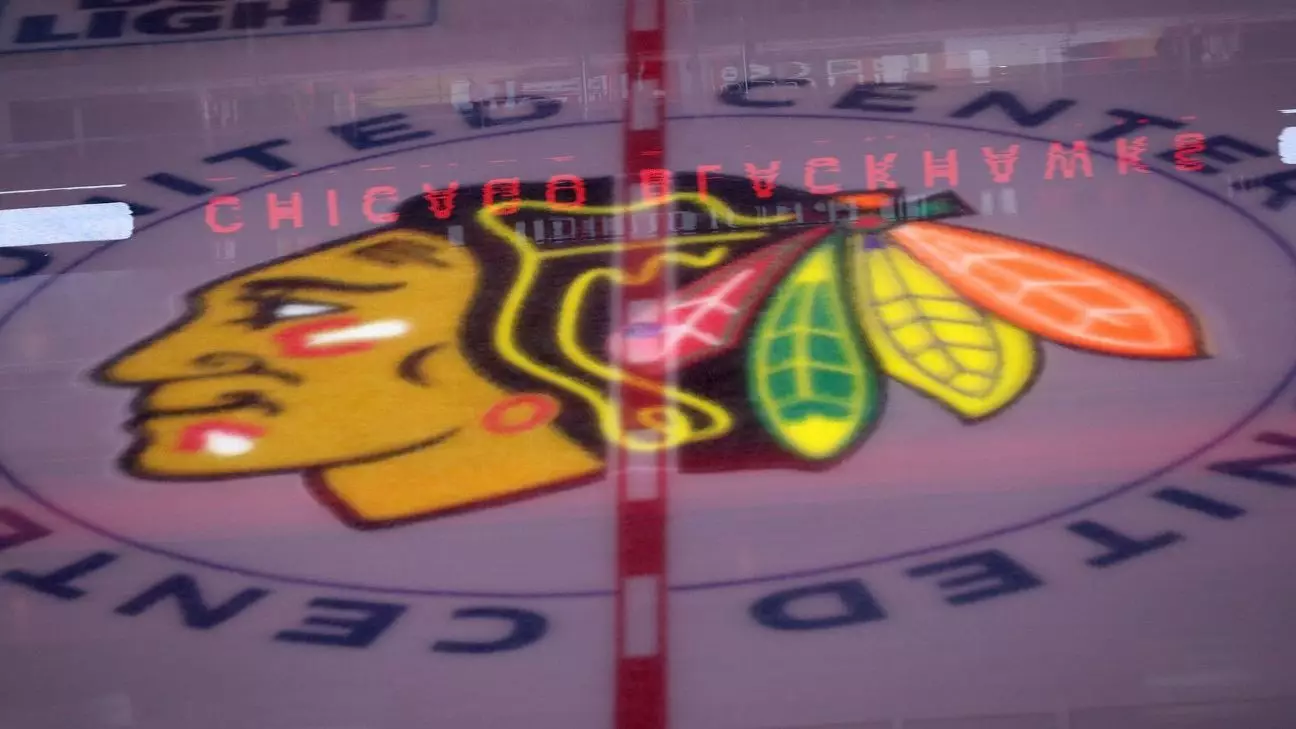The recent settlement involving the Chicago Blackhawks serves as a stark reminder of the league’s historical failures to protect its players and uphold basic standards of responsibility. The claims brought by John Doe, a former Black Ace, expose a culture of indifference and abuse that was, at best, ignored or, at worst, systematically concealed. While the resolution of this case with a confidential settlement may appear as a quiet conclusion on the surface, it symbolizes a larger issue that the NHL must confront—its own complicity in enabling misconduct by disregarding—or actively dismissing—early warning signs.
This lawsuit, revealing allegations that a coach used his authority to groom and assault a young prospect, drags into the spotlight how institutions accustomed to championing excellence can be deeply flawed beneath the surface. Too often, sports franchises prioritize wins and reputation over moral responsibility, creating environments where predators feel emboldened. The Blackhawks’ handling of the case—allowing Aldrich to resign, only to face criminal charges years later—illustrates a systemic failure that extended beyond a single individual; it reflects a culture intolerant of transparency and accountability.
This context underscores the necessity for drastic reform within the league. The NHL’s superficial responses, such as fines and personnel changes, are insufficient if they do not drive fundamental cultural shifts. The league’s reputation hinges not on protecting its stars or its brand but on safeguarding its players and staff from predatory behaviors. Justice is not merely about settlement figures but about creating a robust framework that actively prevents future abuses.
Institutional Failures and the Path Toward Genuine Accountability
The NHL’s response to the misconduct controversies, particularly through the involvement of independent investigations, illustrates the complexity of addressing systemic issues in a sport rooted in tradition and hierarchical power structures. The Jenner & Block report, which concluded that the Blackhawks had inadequate internal policies, laid bare the league’s neglect. Yet, with the reinstatement of key executives in the aftermath—despite acknowledgment of their past inaction—the league’s approach feels reactive rather than proactive.
Reinstating figures like Bowmen and Quenneville, while framing their penance as growth, risks diminishing the gravity of their failures. The league’s emphasis on their “significant strides” in personal development could be perceived as minimizing their initial negligence. True accountability requires more than acknowledgment; it demands a league-wide introspection that questions entrenched power dynamics and enforces stringent, meaningful reforms.
The settlements and public statements, though legal necessities, do little to change the underlying culture if their primary goal is damage control rather than prevention. The critical question is whether the NHL will leverage these incidents as catalysts for comprehensive reform—implementing rigorous safeguarding policies, fostering transparency, and ensuring that leadership genuinely prioritizes player welfare over image preservation.
Rebuilding Trust in the Wake of Trauma
For the victims and their families, justice is not served by monetary settlements alone but through structural change and sincere reconciliation. Kyle Beach’s case, which famously shook the league when his assault surfaced, became an emblem of the urgent need for cultural change. His willingness to come forward, despite the personal toll, shines as a testament to resilience and the importance of visibility for survivors.
The league’s efforts to adapt—through independent investigations and the implementation of new policies—are promising indicators of progress. However, superficial reforms risk becoming hollow if they do not translate into a safer environment on the ice and beyond. The NHL must actively foster a culture where players, staff, and management are empowered to speak out without fear of backlash, and where allegations are taken seriously from the outset.
Rebuilding trust requires the league to be proactive, not reactive. This involves continuous education, rigorous background checks, clear reporting channels, and unwavering support for victims. Only when survivors see genuine commitment from those in power will true progress be achieved. The recent developments represent a step in the right direction, but the real victory will be in transforming these intentions into enduring systemic change.
Looking Forward: The Power of Leadership and Cultural Transformation
The personal journeys of figures like Bowmen and Quenneville highlight a broader challenge: how to cultivate a culture that recognizes past mistakes and actively works toward a more ethical and safe environment. The league’s decision to reintegrate them signals a belief in redemption, but it must be balanced with a clear understanding that leadership carries immense responsibility.
Moving forward, the NHL should embrace a stance rooted in unwavering integrity. This encompasses adopting comprehensive anti-abuse policies, fostering leadership that champions ethical standards, and creating accountability mechanisms that are transparent and unassailable. Leadership must be committed to change—not as a temporary response to scandal, but as a foundational value embedded within every aspect of the sport.
Ultimately, sports have the power to unite and inspire; they also carry the responsibility to uphold justice and moral integrity. The Blackhawks’ dark chapter serves as a cautionary tale, but it also offers a stark opportunity—a call to action—to reform systems and rebuild trust. If the league seizes this moment with sincerity and resolve, it can emerge stronger, more resilient, and genuinely committed to the well-being of everyone in its fold.


Leave a Reply